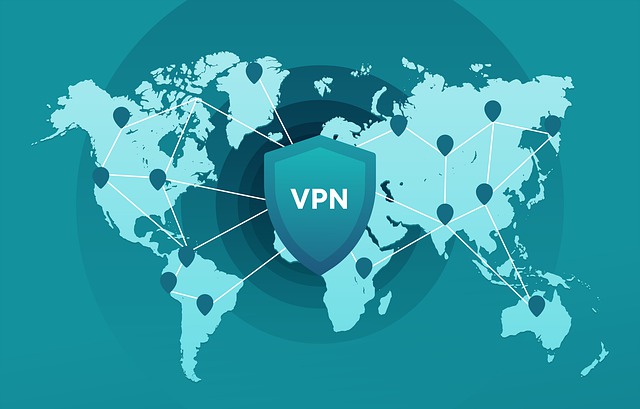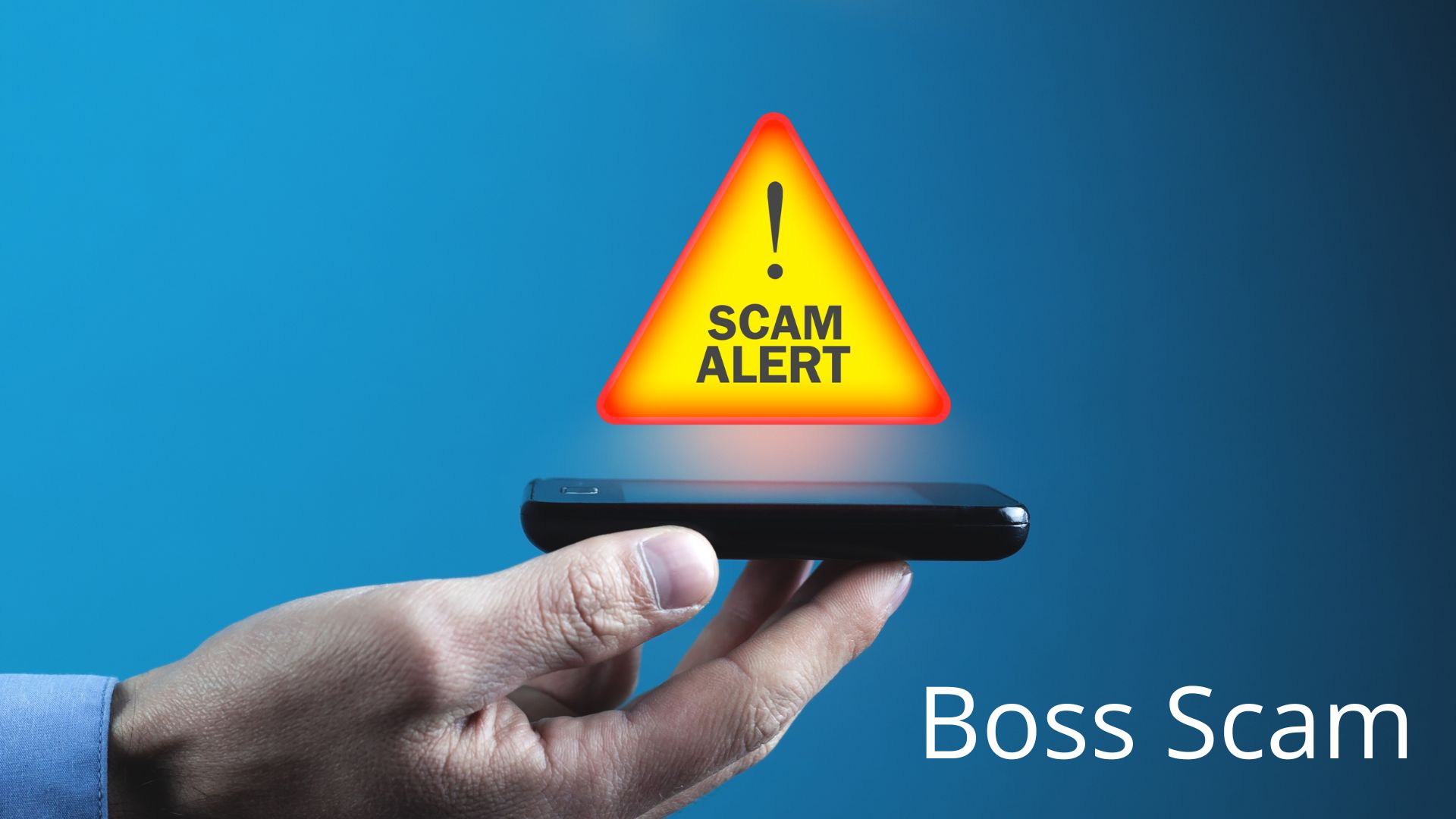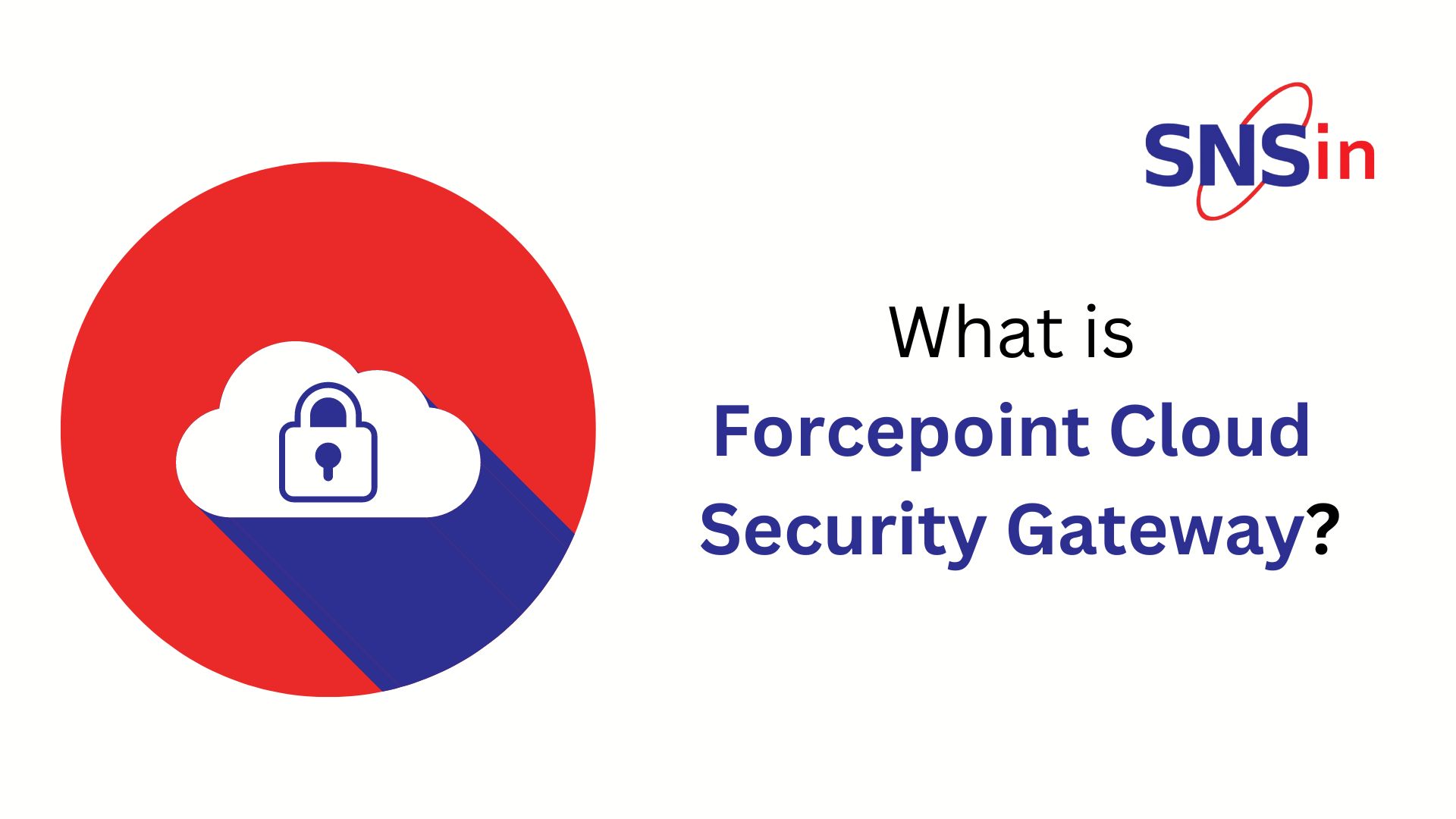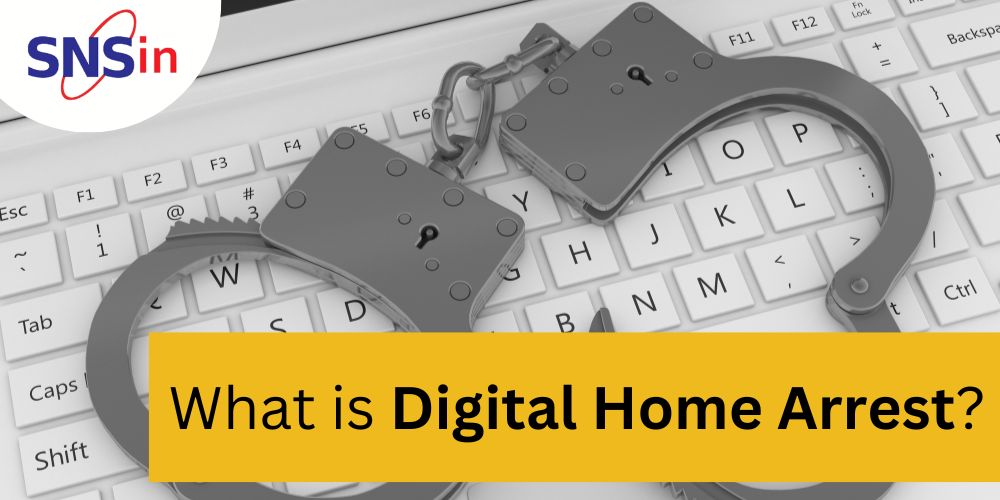Cybersecurity threats to businesses and individuals are increasing at a worrisome speed. It is a blessing, however, that consumers are also becoming somewhat more conscious of the amount of personal data they divulge online to unknown websites and pages. To minimize these risks, cybersecurity experts often advise the use of VPNs.
A VPN stands for Virtual Private Network. It masks the user’s IP address, encrypts browsing data and allows bypass of geo-restrictions, thereby enabling users to escape unnecessary scrutiny. Some users are enticed by the VPN providers’ promise to keep the data safe at no cost. However, this is hardly a reality because users end up paying in other hidden ways. Here’s a look at the downside of using free VPNs to keep you protected the next time you wish to go online, unseen and free of cost.
- Personal data protection- a façade
By encrypting the data and routing it through the VPN servers, the internet service providers can no longer see what the user is doing. This is the premise under which users opt for a VPN in the first place. However, while the ISP cannot track the data, the VPN company can. Websites you have an account with, like Google, will always have your data nevertheless.
The ‘free’ in ‘free VPN service’ is actually not free. The scenario explained above is even worse with a free VPN, as the companies embed tracking mechanisms in their software and collect the users’ data. Since they are free, they do not spend their own money on running security scans, and this is what they end up making their money from.
- No regulation
VPNs do not operate out of a set of established and consistent rules. Some providers are located in shady, offshore localities. Not only are they difficult to regulate, but it also makes them difficult to learn about. Many VPNs originate from unscrupulous geographies and should be avoided at all costs. They take advantage of their hidden and suspicious identity to mislead customers who are not careful in establishing the genuineness of such VPN providers.
- Phishing threat
A VPN does not secure the user from cybersecurity threats or hacking, and a free VPN, in fact, makes the user a tempting target. Some of the free VPNs are platforms for malware distribution schemes. Because the technology behind them is outdated, poorly monitored, or even embedded, these kinds of VPNs are laced with many vulnerabilities.
Free VPN providers don’t charge users for their services; this USP of theirs is camouflaged as it is usually through ads that they generate revenue. Intrusive ads are features of free VPNs. They display pop-ups or occasionally entice users to redirect to pages with malicious content. These ads pop up anytime during the browsing sessions and can make the experience incomplete. Suppose a user knowingly or unconsciously clicks on these pop-ups, they could be risking a phishing attack, and the device could easily be compromised with malware before even realizing it.
It is worthy to note that even if a single employee in an organization falls prey to a phishing attack of this nature, they could be opening the door for cybercriminals to infiltrate the whole of the company’s network. Many widespread, large-scale ransomware attacks begin as phishing attacks, and for these reasons, education and awareness programs are more necessary than ever.
- More data consumption
As mentioned earlier, a VPN connection involves encryption and decryption of the users’ internet practices. These processes increase the bandwidth they use when connected to the internet through the ISP. The data is consumed faster than if VPN is not opted for at all. Free VPNs again make it worse because the data could be wasted owing to ad pop-ups and poor encryption technology, eventually using more data.
- Limited website access
People opt for VPNs because of their ability to help users bypass local restrictions on content-based websites and applications. For example, not all shows on Netflix are available for streaming in all countries owing to copyright issues. Accessing restricted websites from different locations requires that the user finds a way to bypass that prohibition. VPNs and proxies are used to achieve this purpose. Free VPNs, however, may even sometimes fail to bypass these restrictions as the websites with strong security protocols will block access when they detect such intrusion.
From the above explanation, it is clear that free VPNs are not secure. The risks associated with them are far greater than the risks the user tries to avoid and opts for VPN. It is better to use premium VPN services or alternatives to VPN like an anti-detect browser.
About SNS
Security Network Solutions (SNS) provides a quantifiable, risk-based approach to building a global structure of cybersecurity infrastructure based on internationally recognized frameworks and practices. We have been providing services and catering to clients across industries for the last 22 years. Write to us at [email protected] or visit us at www.snsin.com.




